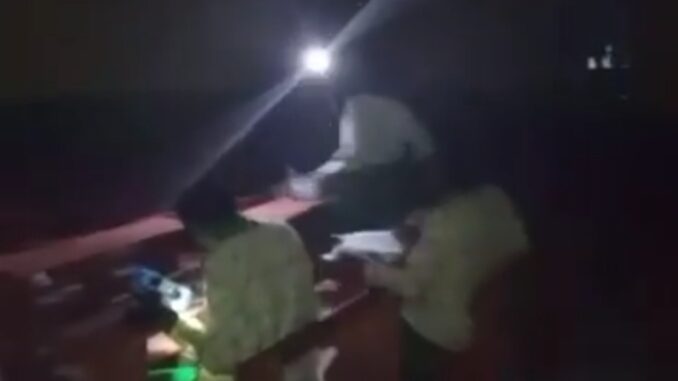
In a startling revelation of the ongoing power crisis in Nigeria, students in Asaba, the capital of Delta State, were compelled to write their West African Examinations Council (WAEC) exams under the dim light of torchlights due to a lack of electricity. This unusual scenario unfolded as part of the 2025 WAEC examinations, highlighting the severe infrastructural challenges plaguing the region.
The West African Examinations Council, which oversees exams across West Africa, typically schedules its tests during daylight hours. However, the persistent power outages in Asaba forced students to adapt to nighttime conditions, using makeshift lighting solutions to complete their papers. This development has raised significant concerns about the fairness and integrity of the examination process, potentially affecting students’ performance and future academic opportunities.
Delta State, despite being a major oil-producing region, continues to grapple with unreliable electricity supply. The situation was exacerbated by a planned power outage at the Asaba Transmission Station, as announced by BEDC Electricity Plc in October 2024, further straining the already fragile power infrastructure. This incident is not isolated; it reflects a broader pattern of educational challenges in Nigeria, where many schools lack basic amenities, including consistent electricity.
The use of torchlights during exams underscores the urgent need for improved educational infrastructure and reliable power supply. It also brings to light the resilience of students who, despite adverse conditions, strive to meet their academic goals. However, the long-term implications of such conditions on educational outcomes cannot be ignored.
Leave a Reply